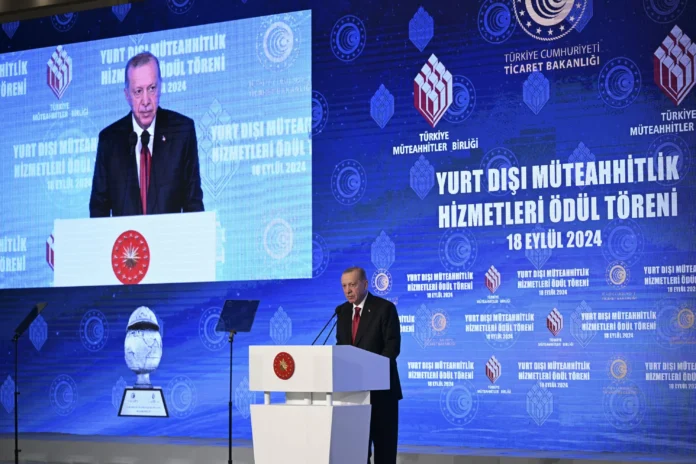Türkiye, a country situated at the crossroads of Europe and Asia, has been a key player in the global political landscape for centuries. In recent years, it has been making strides towards achieving a more balanced foreign policy, as it aims to maintain close ties with both the West and the East. A clear example of this can be seen in Türkiye’s growing interest in joining the BRICS group while simultaneously seeking to strengthen its relationship with the European Union (EU).
BRICS, the acronym for Brazil, Russia, India, China, and South Africa, is an association of five major emerging economies that have shown impressive economic growth and potential in recent years. The group, founded in 2006, aims to enhance cooperation and mutual benefits among its members and promote economic development and stability. In 2010, Türkiye was invited to join the group, and since then, it has been inching closer to becoming a full-fledged member.
Türkiye’s interest in BRICS is not surprising, considering its growing economic and political ties with the member countries. In recent years, Türkiye has increased its trade volume with BRICS countries, with China being its largest trading partner. In addition, Türkiye has also signed several bilateral agreements with BRICS members, including a strategic partnership with Russia and a comprehensive cooperation agreement with India.
Joining BRICS would not only benefit Türkiye economically but also politically. As a member, Türkiye would have a stronger voice in global affairs and could play a significant role in shaping the group’s policies. This would also provide Türkiye with an alternative platform to voice its concerns and interests, rather than relying solely on traditional Western institutions.
However, Türkiye’s aspiration to join BRICS does not mean it is turning its back on the West. On the contrary, Türkiye continues to seek closer ties with the EU, which has been its top trading partner for decades. Despite some challenges in recent years, Türkiye’s relationship with the EU remains crucial, both economically and politically.
One of the main reasons Türkiye seeks to maintain close ties with the EU is its desire to become a full member of the bloc. Since applying for membership in 1987, Türkiye has made significant progress in aligning its laws and regulations with EU standards. However, the accession process has been slow, and Türkiye’s relations with some EU member states have been strained. Nevertheless, Türkiye remains committed to the accession process and sees it as a crucial step towards achieving its goal of becoming a modern, democratic, and prosperous country.
Moreover, the EU remains Türkiye’s top source of foreign direct investment, and the two sides have deep economic and cultural ties. Türkiye’s membership in the EU would only strengthen these ties and provide new opportunities for growth and development.
Therefore, it is essential for Türkiye to maintain a balanced approach in its foreign policy, seeking to strengthen ties with both the East and the West. This is not an easy task, as it requires navigating through complex geopolitical dynamics and competing interests. However, Türkiye has shown its ability to do so in the past and continues to strive towards achieving a more balanced and independent foreign policy.
In this regard, it is worth noting that Türkiye’s pursuit of closer ties with BRICS does not mean it is abandoning its alliance with NATO. On the contrary, Türkiye has been a member of the alliance since 1952 and remains committed to its principles and values. Türkiye’s participation in NATO’s operations and its contributions to the alliance’s budget are a testament to its commitment to the alliance.
In conclusion, Türkiye’s desire to join BRICS while maintaining close ties with the West, particularly the EU, is a strategic move that aims to strengthen its position in the global arena. As a country with a rich history and a promising future, Türkiye has a lot to offer to both the East and the West. By pursuing a balanced foreign policy, Türkiye can further enhance its economic and political influence and contribute to global stability and prosperity.


